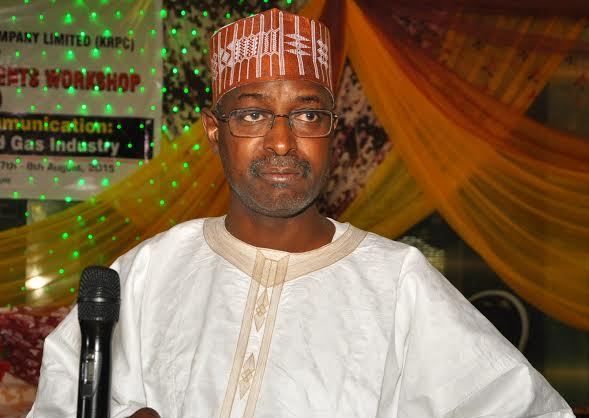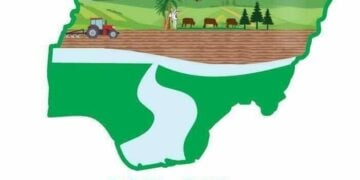The minister of Livestock Development, Alhaji Idi Maiha, has said the federal government has begun digitising and mapping grazing reserves nationwide to resuscitate them and address the farmer-herder conflicts in Nigeria.
The minister said one such effort is the resuscitation and recent commissioning of the Wase grazing reserve in Plateau state to serve as a model for pastoralists to herd their animals and get involved in enterprises like crop and food production.
Maiha made this known yesterday during the 5th International Conference on Drylands organised by the Centre for Dryland Agriculture (CDA), Bayero University, Kano, with the theme, “Promoting
Sustainability and Resilience of Rangelands: Present and Future Outlooks.”
Represented by his special assistant, Mr. Eustace Iyayi, the minister also hinted at the ministry’s plans to improve animal breeds and increase meat production through natural mating, artificial insemination, and embryo transfer, emphasising the importance of raising healthy animals to boost meat exports at the reserves.
He also said the ministry would collaborate with the Ministry of Water Resources to resuscitate dams at the various reserves to solve the water issue, noting that pastoralists move due to two main factors: food and water.
In his keynote address, Professor of Anthropology and rangeland expert John Morton highlighted that many young people from pastoralist backgrounds are either moving away from it to towns, engaging in other rural occupations, or engaging in Illegal or criminal activities; as such, the government needs to make pastoralism a formal profession.
He explained that formalizing its economic functions and providing them with digital tools will encourage them to stay in the industry.
In his remarks, CDA’s director, Prof. Jibrin M. Jibrin, pointed out that the goal of the conference was to create a forum to bring experts and people with experience to address dryland issues such as actors driving degradation and conflict and facilitate the sharing of ideas and experiences with solutions to guide policymakers, government, and researchers.
He said the outcomes would help to improve understanding, identify implementation priorities and promote a multi-dimensional and multi-stakeholder approach to address the issue.





